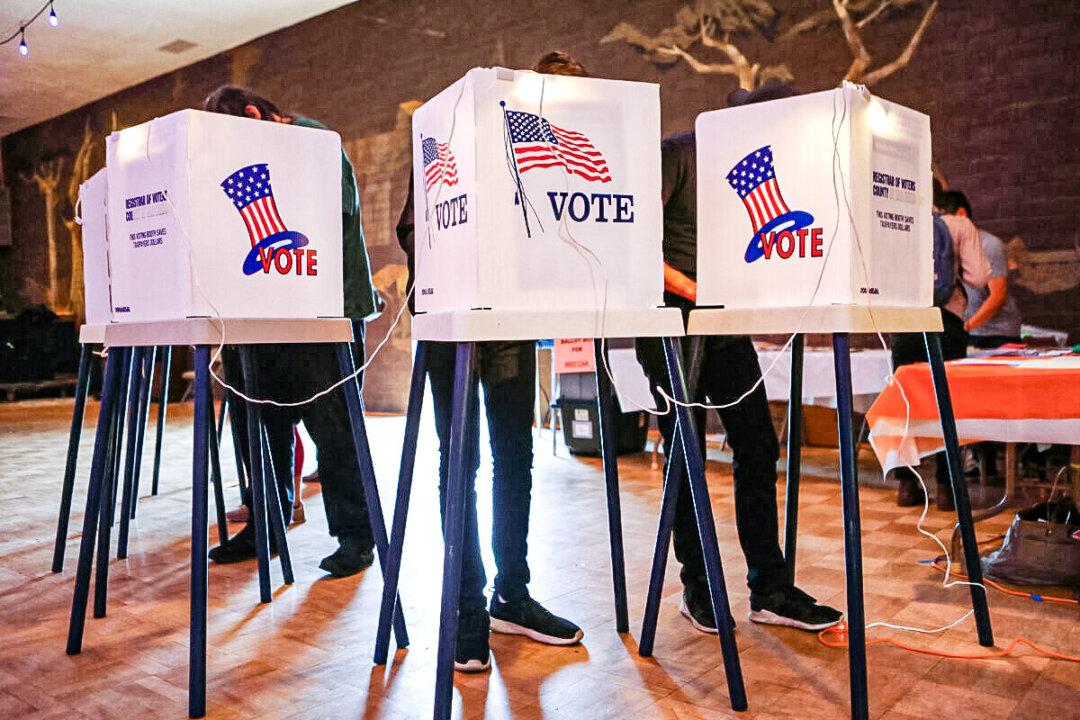According to a survey, a strong majority of California voters are frustrated with state and federal politicians and support Proposition 36, the law change on the Nov. 5 ballot that would turn certain drug and theft offenses into felonies.
According to the survey by the Public Policy Institute of California, published on Oct. 23, more than half of respondents—across demographic groups—said they disapprove of how Gov. Gavin Newsom is leading the state.





